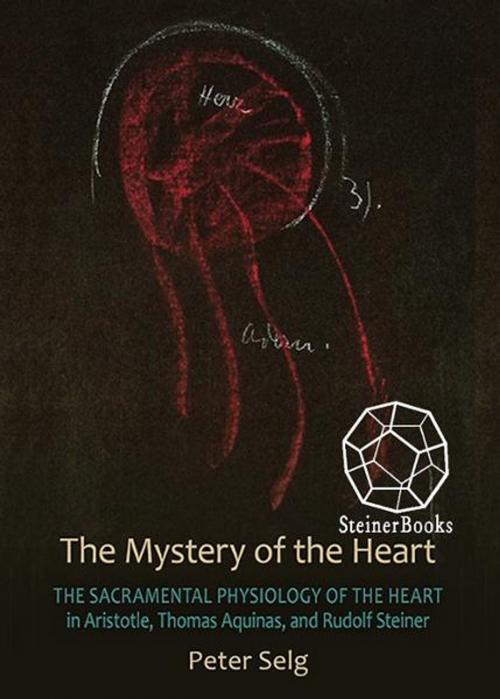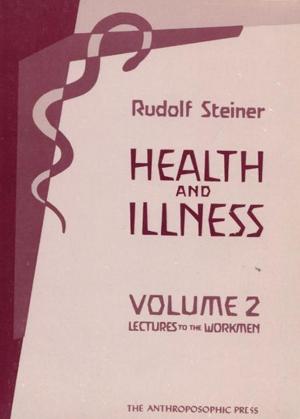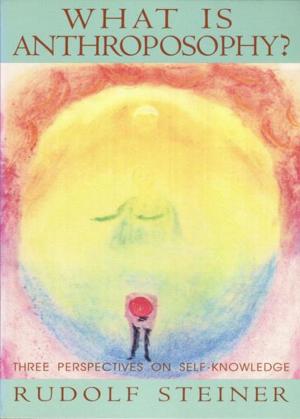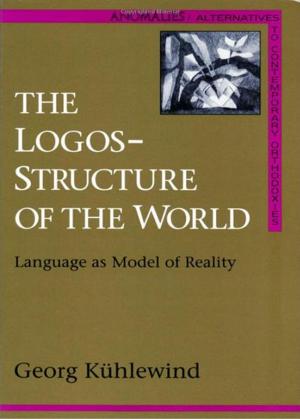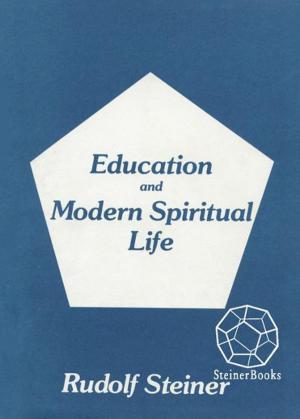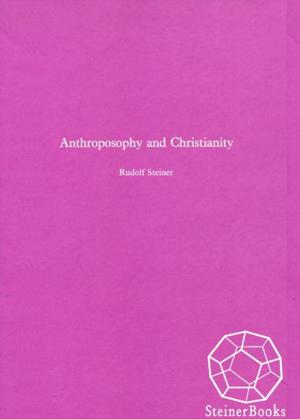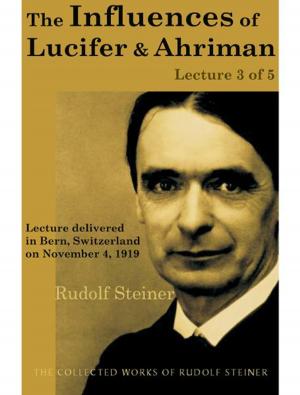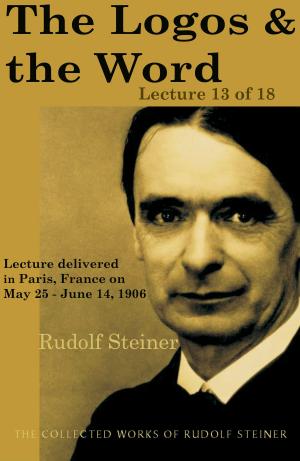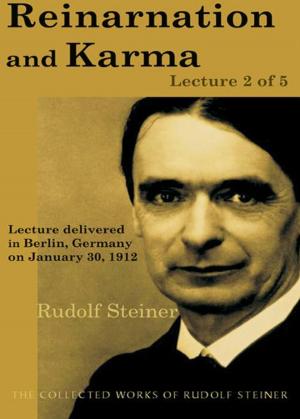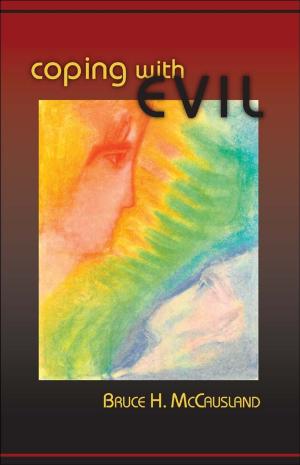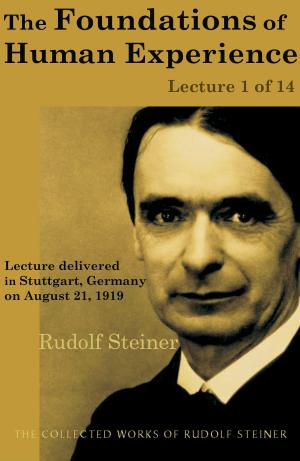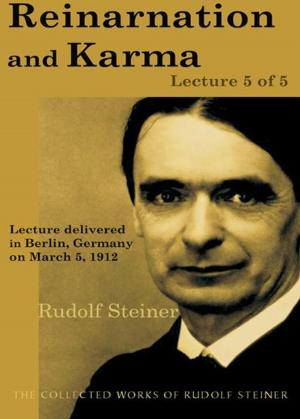The Mystery of the Heart: The Sacramental Physiology of the Heart in Aristotle, Thomas Aquinas, and Rudolf Steiner
Nonfiction, Reference & Language, Education & Teaching, Educational Theory, Philosophy & Social Aspects| Author: | Peter Selg | ISBN: | 9781621511243 |
| Publisher: | Steinerbooks | Publication: | July 1, 2012 |
| Imprint: | SteinerBooks | Language: | English |
| Author: | Peter Selg |
| ISBN: | 9781621511243 |
| Publisher: | Steinerbooks |
| Publication: | July 1, 2012 |
| Imprint: | SteinerBooks |
| Language: | English |
Today we know very little about the true nature of the human heart. Our knowledge arises only from a materialistic or an emotional standpoint. However, the human heart, as Rudolf Steiner knew and taught, is both spiritual and physicalthe place where body and soul come together. It is the place of their unity. We have lost this knowledge, yet it is integral to the Western understanding of what gives humanity its vocationour spiritual/physical, our earthly/heavenly nature. In this astonishing and inspiring book, Peter Selg focuses on the evolution of the spiritual understanding of the heart as transmitted through Aristotle, the Gospels, and Hebrew Scriptures to the Middle Ages, when, in the light of the Mystery of Golgotha and its sacramental life, it was synthesized and transformed by Thomas Aquinas, after whom, with the rise of modern science it, was lost until Goethe began a process of recovery and development that led to its complete renewal and transformation in Rudolf Steiner. The Mystery of the Heart tells this story in three parts. Part one, The Anthropology of the Heart in the Gospels, examines the spiritual anthropology of the heart in the Gospels in the light of Ezekiels prophetic saying: I will give you a new heart and put a new spirit in you; I will remove from you your heart of stone and give you a living heart of flesh. Part two, De Essentia et Motu Cordis, describes Aristotles understanding of the heart and its transformation and deepening in Aquinas. Part three, The Heart and the Fate of Humanity, examines the spiritual-scientific view of the heart as developed in Rudolf Steiners teachings. Also included is an appendix containing selected meditative verses and therapeutic meditations for the heart. This volume was originally published in German by Verlag am Goetheanum 2003 as Mysterium cordis: Von der Mysterienstätte des Menschenherzens Studien zur sakramentalen Physiologie des Herzorgans. Aristoteles, Thomas von Aquin, Rudolf Steiner. Second edition in German, Verlag am Goetheanum 2006, Dornach, Switzerland.
Today we know very little about the true nature of the human heart. Our knowledge arises only from a materialistic or an emotional standpoint. However, the human heart, as Rudolf Steiner knew and taught, is both spiritual and physicalthe place where body and soul come together. It is the place of their unity. We have lost this knowledge, yet it is integral to the Western understanding of what gives humanity its vocationour spiritual/physical, our earthly/heavenly nature. In this astonishing and inspiring book, Peter Selg focuses on the evolution of the spiritual understanding of the heart as transmitted through Aristotle, the Gospels, and Hebrew Scriptures to the Middle Ages, when, in the light of the Mystery of Golgotha and its sacramental life, it was synthesized and transformed by Thomas Aquinas, after whom, with the rise of modern science it, was lost until Goethe began a process of recovery and development that led to its complete renewal and transformation in Rudolf Steiner. The Mystery of the Heart tells this story in three parts. Part one, The Anthropology of the Heart in the Gospels, examines the spiritual anthropology of the heart in the Gospels in the light of Ezekiels prophetic saying: I will give you a new heart and put a new spirit in you; I will remove from you your heart of stone and give you a living heart of flesh. Part two, De Essentia et Motu Cordis, describes Aristotles understanding of the heart and its transformation and deepening in Aquinas. Part three, The Heart and the Fate of Humanity, examines the spiritual-scientific view of the heart as developed in Rudolf Steiners teachings. Also included is an appendix containing selected meditative verses and therapeutic meditations for the heart. This volume was originally published in German by Verlag am Goetheanum 2003 as Mysterium cordis: Von der Mysterienstätte des Menschenherzens Studien zur sakramentalen Physiologie des Herzorgans. Aristoteles, Thomas von Aquin, Rudolf Steiner. Second edition in German, Verlag am Goetheanum 2006, Dornach, Switzerland.
